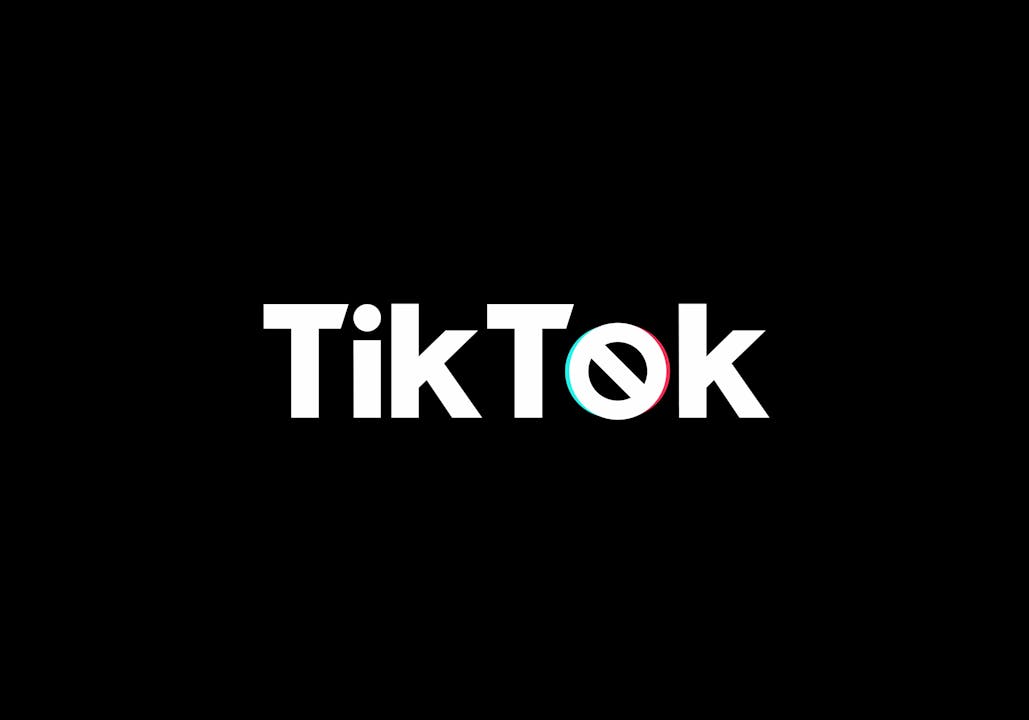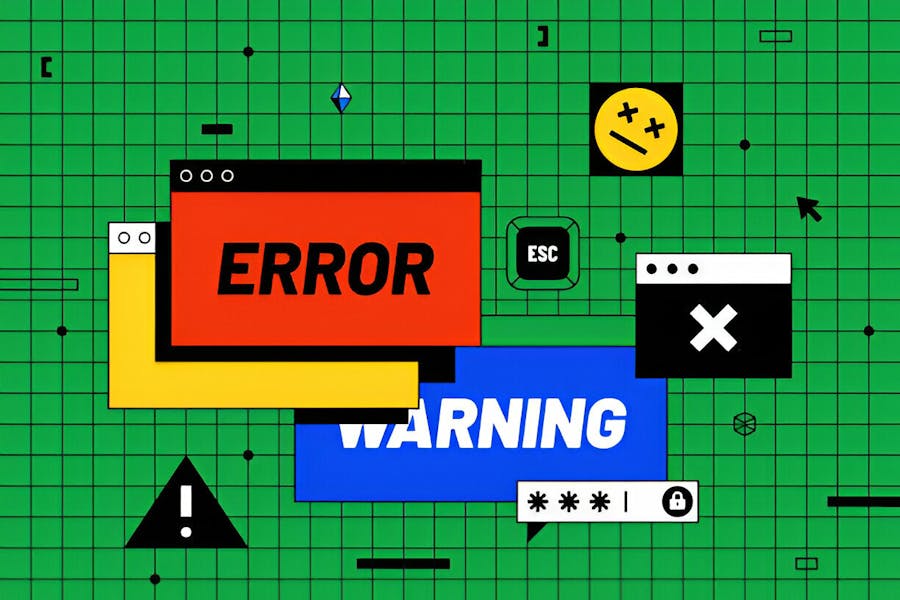The TikTok Ban: What It Means for Australia

The recent TikTok ban in the United States has sent shockwaves across the globe, and Australia is no exception. As of January nineteenth, two thousand twenty-five, TikTok has been effectively banned in the U.S., leaving one hundred seventy million users in limbo and sparking debates about the future of social media. But how does this ban impact Australia, and what does it mean for Australian users, creators, and policymakers? Let’s dive in.
The U.S. TikTok Ban: A Quick Recap
The U.S. government’s decision to ban TikTok stems from national security concerns. TikTok, owned by the Chinese company ByteDance, has been accused of potentially sharing user data with the Chinese government, a claim the company vehemently denies. Despite TikTok’s legal challenges, the U.S. Supreme Court upheld the ban, requiring ByteDance to sell its U.S. operations or face a shutdown.
The ban has already taken effect, with TikTok going dark for U.S. users. Existing users can no longer update the app, and new downloads have been blocked. Over time, the app will degrade and become unusable.
How Does This Affect Australia?
While the ban directly impacts the U.S., its ripple effects are being felt in Australia. Here’s how: Content Creation and Consumption
Australia’s TikTok ecosystem is heavily influenced by U.S. creators and trends. With the ban in place, Australian users may notice a significant drop in content volume and diversity. Many popular creators, who rely on TikTok for income and exposure, are now migrating to alternative platforms like RedNote, Instagram Reels, and YouTube Shorts.
This shift could lead to a quieter, less dynamic TikTok experience for Australians. However, it might also create opportunities for local creators to gain more visibility and engagement.
Platform Alternatives
The ban has accelerated the rise of alternative platforms, particularly RedNote, a Chinese-owned app that has surged in popularity among U.S. users. Australians are also experimenting with RedNote, despite its Mandarin interface and lack of English translations.
This migration highlights a paradox: the ban intended to reduce Chinese influence is driving users toward other Chinese platforms. For Australians, this raises questions about data privacy and the long-term viability of these alternatives.
Policy Implications
Australia has historically followed U.S. tech policies, but the TikTok ban presents a unique challenge. While the U.S. ban is rooted in national security concerns, Australia’s focus has been more on age restrictions and content moderation.
However, the U.S. ban could spark similar discussions in Australia. With an election on the horizon, political parties may consider stricter regulations or even a local ban, especially given Australia’s complex relationship with Chinese technology.
Economic Impact
TikTok has become a vital platform for small businesses and creators, generating billions in revenue globally. The U.S. ban is expected to cause significant financial losses, with small businesses losing over one billion dollars and creators facing three hundred million dollars in lost earnings in the first month alone.
While Australia’s market is smaller, the ban could still disrupt local businesses and creators who rely on TikTok for marketing and income. Diversifying social media strategies will be crucial for survival.
The Broader Implications
The TikTok ban is more than just a policy decision; it reflects growing geopolitical tensions and the increasing scrutiny of social media platforms. For Australia, the ban serves as a reminder of the need to balance national security, user privacy, and the benefits of global connectivity.
Moreover, the ban highlights the power dynamics between tech giants and governments. As platforms like TikTok become central to culture, commerce, and communication, their regulation will remain a contentious issue.
Looking Ahead
As the dust settles on the U.S. TikTok ban, Australians are left to navigate a changing social media landscape. Whether this leads to stricter regulations, a shift to alternative platforms, or a resurgence of local content remains to be seen.
One thing is clear: the TikTok ban is a watershed moment for social media, and its effects will be felt far beyond the borders of the United States. For Australia, it’s an opportunity to reflect on the role of technology in society and to shape policies that protect users while fostering innovation.



